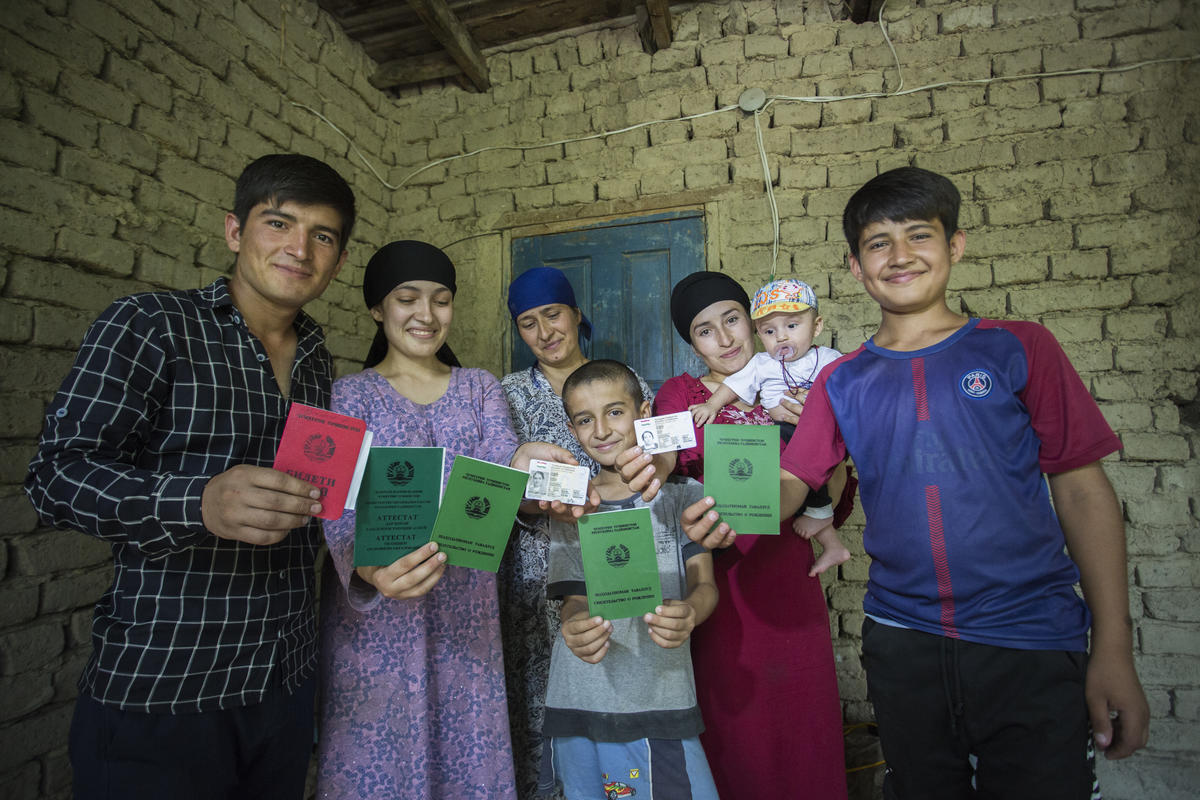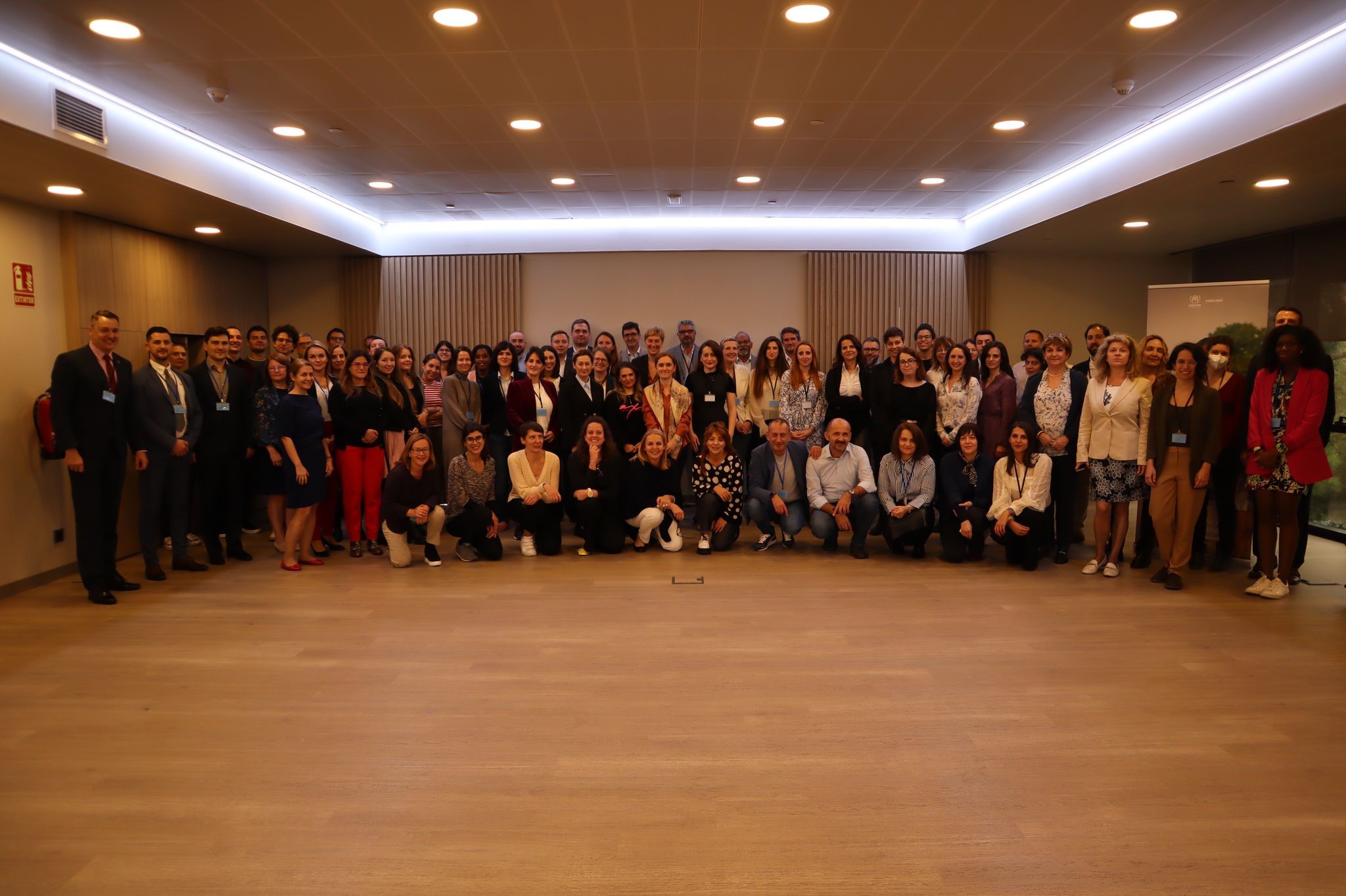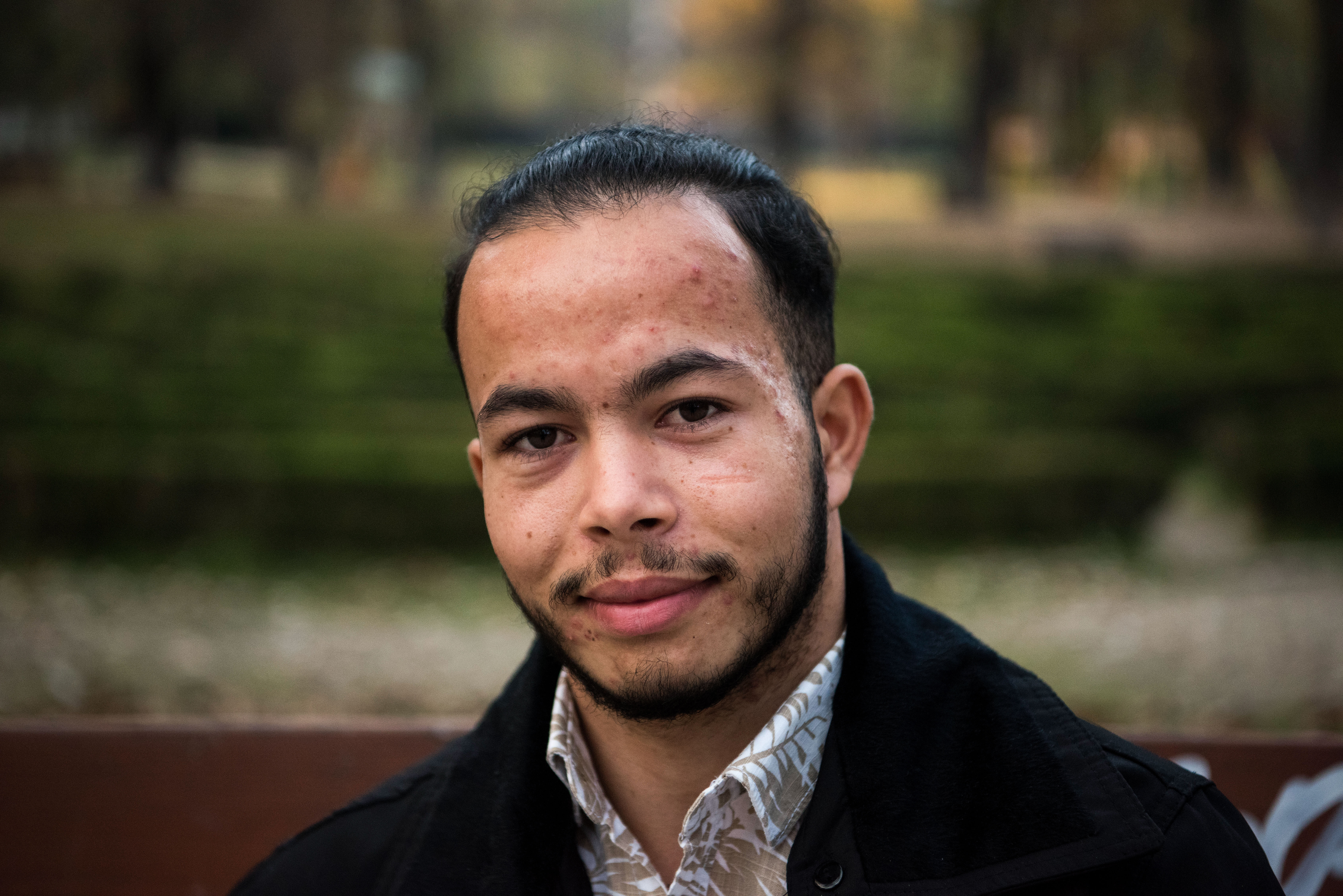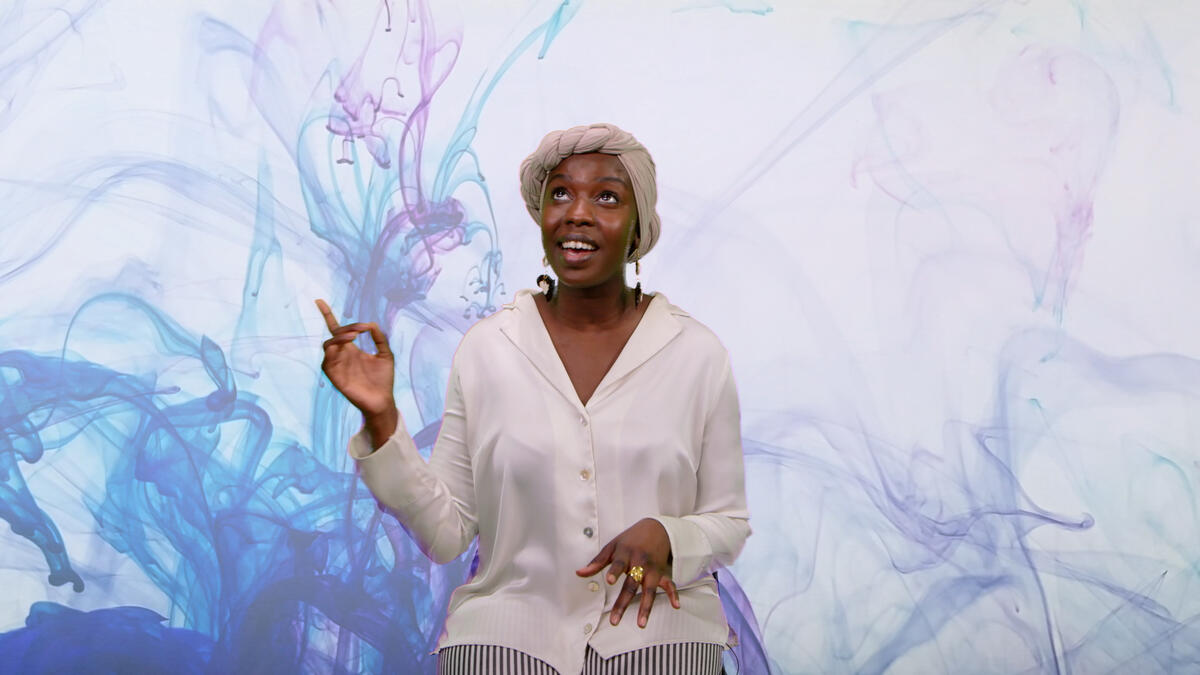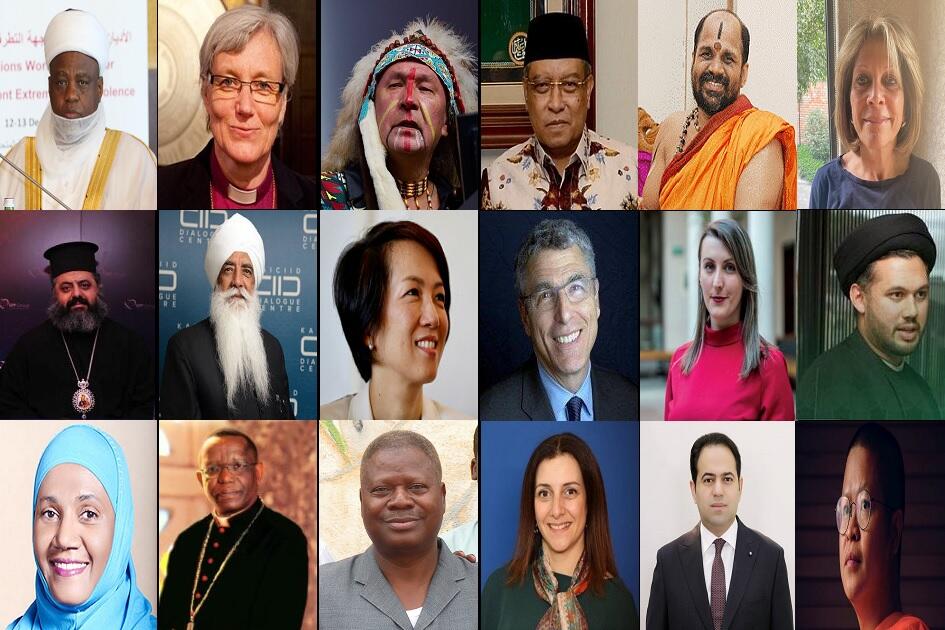Statelessness: A new lease on life thanks to a birth certificate
Statelessness: A new lease on life thanks to a birth certificate

BARANGAY KUYA, Philippines, November 3 (UNHCR) - Marina Verma is 38 years old, but feels like her life has just begun.
"I can now say that I am really who I am," she said minutes after becoming the first person in the southern Philippines' Mindanao Island to receive a birth certificate under a UNHCR-funded programme. By providing vital legal documents to indigenous people affected by the island's decades-long conflict, the UN refugee agency aims to keep them from becoming stateless.
"I have been refused a job, almost denied admission in school, and have been asked to prove my identity countless times - all because I did not have a birth certificate," added the mother of seven children, who also now have birth certificates.
Armed with an official identity, this farmer's wife, a proud member of the indigenous Teduray community, is now overflowing with ambition: "The first thing that I will do with my birth certificate is apply for a job," Verma said. "I also want to go to school. And I want to help my fellow Teduray and become a member of the registration team."
A birth certificate is an essential document in the Philippines. It is the official record of name, parentage, nationality and other personal information; without one, many find it hard to get a job, education or social benefits.
"A birth certificate helps these marginalized indigenous communities assert their rights, even when they are forcibly displaced," said Bernard Kerblat, UNHCR's representative in the Philippines. "It also prevents them from becoming stateless. That is why this is a critical initiative for all of us."
The UNHCR-funded programme is being carried out by the government's Department of Social Welfare and Development of the Autonomous Region in predominantly Muslim Mindanao. A 15-member team travels long distances -- on road, by foot or by boat, and even along cliff paths - to meet and register people in remote communities. By the end of 2011, the government plans to issue 60,000 certificates to indigenous people in Mindanao affected by the conflict.
Another government agency has helped thousands of people in these communities register their traditional marriages to keep women and children from being abandoned and cut off from government benefits.
"We dream that everyone in Mindanao has a birth certificate and will be recognized as a person," said Hadja Pombaen Karon-Kader, the official who handed the certificate to Verma at a ceremony where some 60 other indigenous people received their certificates. "After all, we all have the right to an identity."
By Tom Temprosa in Barangay Kuya, Philippines


